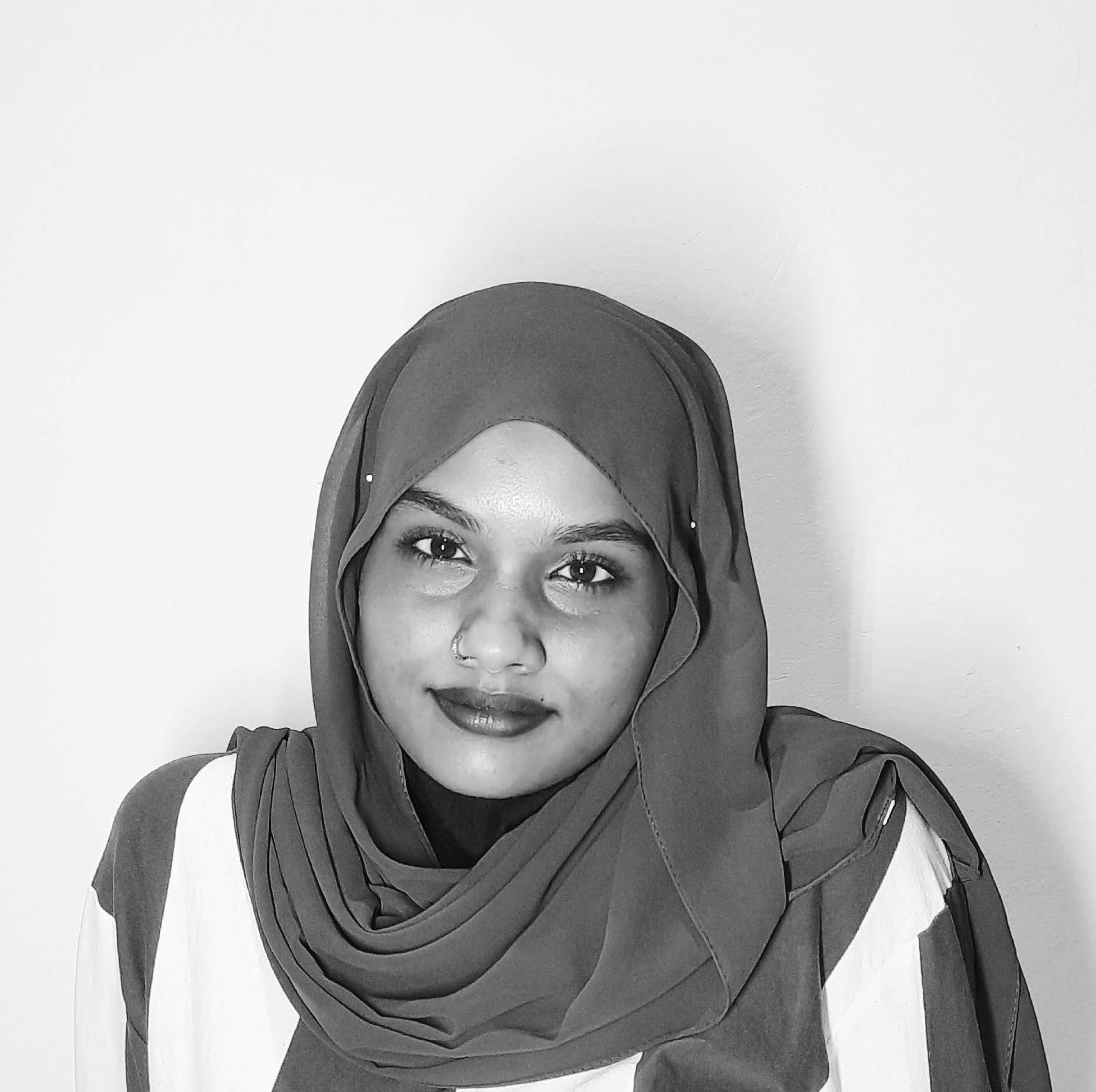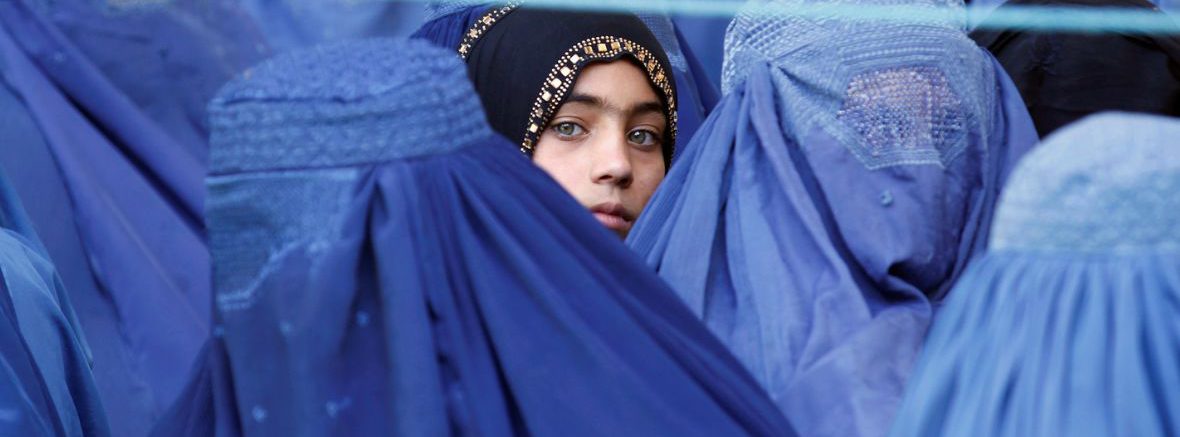Introduction
It is the year 2023. We cannot fault a person for assuming that maybe we are at the summit of modernity and gender equality. Or at least, somewhere near it. Regardless of objective beliefs, surely all women have basic, unanimously agreed on, rights? Girls can go to school. Women can go to work. Women can vote!
It might be easy for a person to reach such a conclusion. While the western news dominates the global media, the past few years have been all about the pandemic. Current media also has a tendency of having too much information and misinformation. Behind the pardah (veil)of such media sensationalism, not all women have their basic rights.
Yes, we have been hearing about setbacks in women’s rights. With the overturning of Roe v Wade and the death of Mahsa Amini in Iran, the world revolted. We all did hear about the end of the Afghanistan war with the Taliban takeover in 2021. We all did hear about the situation of women in Afghanistan. However, the coverage gets less and less every day. Yet, Afghan women cannot go to school. Afghan women cannot work and cannot go out without a man. They are still struggling.
Let us not forget.
Women’s Rights – A Background
Whilst culture and society are inextricably linked to the situation of women in Afghanistan, they are not to blame. The 20th century saw women around the world achieve one basic right after another. Afghan women too were sharing in this joy. Women started going to and graduating from university. They assumed positions of leadership and influence. In fact, Afghan women were granted the right to vote a year before women in the US. By the 1960s, women had considerable autonomy over clothing, finances, and over their lives. A new constitution cemented this in practice. Women’s rights co-existed with Afghanistan’s unique culture and majority religion of Islam.
However the political turmoil and conflict upset this smooth sailing of progress. The 1970s brought a toppling of government, a communist regime and fundamentalist extremist ideology. This culminated in the emergence of the Taliban and their takeover of Afghanistan’s capital Kabul in 1996.
Taliban, an Islamic fundamentalist militant group, ruled Afghanistan until 2001. During their tenure, they practised strict gender discriminatory laws in the name of Islamic Sharia (Islamic law). Girls could no longer attend school. Women could not work. They could not go out without a mahram (male chaperone). Women had to mandatorily envelope themselves in a burqa (garment that covers the entire body). Any woman that went against received punishment, was arbitrarily imprisoned and more.
Despite the Taliban regime being ousted in 2001, the country continued in a state of conflict. Strict sexist rules stopped being applicable, but women’s rights took a backseat. Afghan women were now suffering from years of trauma. Trauma that spilled over to generations like a curse; the curse of being a woman. There was just not enough resources and support for women to heal. Women continued to struggle. Their condition did not drastically progress.
Then in August 2021, the Taliban took over Afghanistan again.
Current Era – Post 2021 Taliban Rule
Taliban Laws
In their first news conference, the Taliban promised that they would honour women’s rights within the boundaries of Islam. The world hoped, and prayed, that even the Taliban have come to accept the basic concept of gender equality.
However, almost a year and a half into Taliban rule, the situation is looking rather bleak. Slowly and gradually, the Taliban has been re-establishing their old laws. Here are just a few significant:
- September 2021: University classrooms were gender segregated
- March 2022: Schools closed for girls
- May 2022: Women were mandated to wear burqa
- December 2022: Women were banned from universities and working in NGOs
Repercussions
The Taliban’s laws restricting women’s freedoms will, and did, result in great consequences.
Womens were confined to their homes and victims of gender-based violence were trapped in their place of abuse. Unable to operate, women’s shelters started to close. The recent prohibition of women working in NGOs leave women with little support. Legal, psychological, financial help is only accessible through men. But women cannot freely interact with men. As for medical help, women doctors cannot interact with male patients or colleagues. This leads to a scarcity of women doctors, rendering women medically helpless as well.
With young girls out of school, according to Amnesty International, child marriage rate has started to increase. Families don’t have a choice. They marry off their daughters. These girls no longer have any educational or career prospects. Girls can no longer dream.
There is absolutely no Islamic law that prohibits women from seeking education. This is the general scholarly opinion. Even in the Quran, Allah encourages humans to seek knowledge. Hence, it is difficult to reconcile Islam with the prevention of the education of girls. Even when it comes to the other laws implemented by the Taliban, they seem to be extreme interpretations of Sharia. In fact, the Organisation of Islamic Cooperation (OIC) has condemned Taliban’s measures against women. OIC is the largest organisation of Muslim states and they continue to be operational in Afghanistan.
The Way Forward
People of Afghanistan deserve a life free of constant political conflict. They deserve to govern their own country. Women of Afghanistan deserve independence, freedom and basic rights.
While the situation in Afghanistan continues to look forlorn, it does not mean complete loss of hope. As people on the outside, we can still provide our best support.
We need to elevate Afghan women’s voices by giving them platforms. Afghan women are bravely sharing their lived experiences. The least we can do is amplify their voices. There is power in voices and stories.
We can also donate money and resources. There are international organisations such as UN Women accepting donations in aid of Afghanistan women. Do thorough research and donate to a credible source!
Last but not the least, spread the word. Spread awareness. The more people are aware, the greater the visibility of the courageous faces of Afghan women.
About The Author

Layaal Ali is a lawyer-in-training and a staunch feminist. She blogs and creates social media content for us. She enjoys reading good books, good conversations and fighting the patriarchy.
Blog Photo Credit: Parwiz/Reuters via The New York Times
